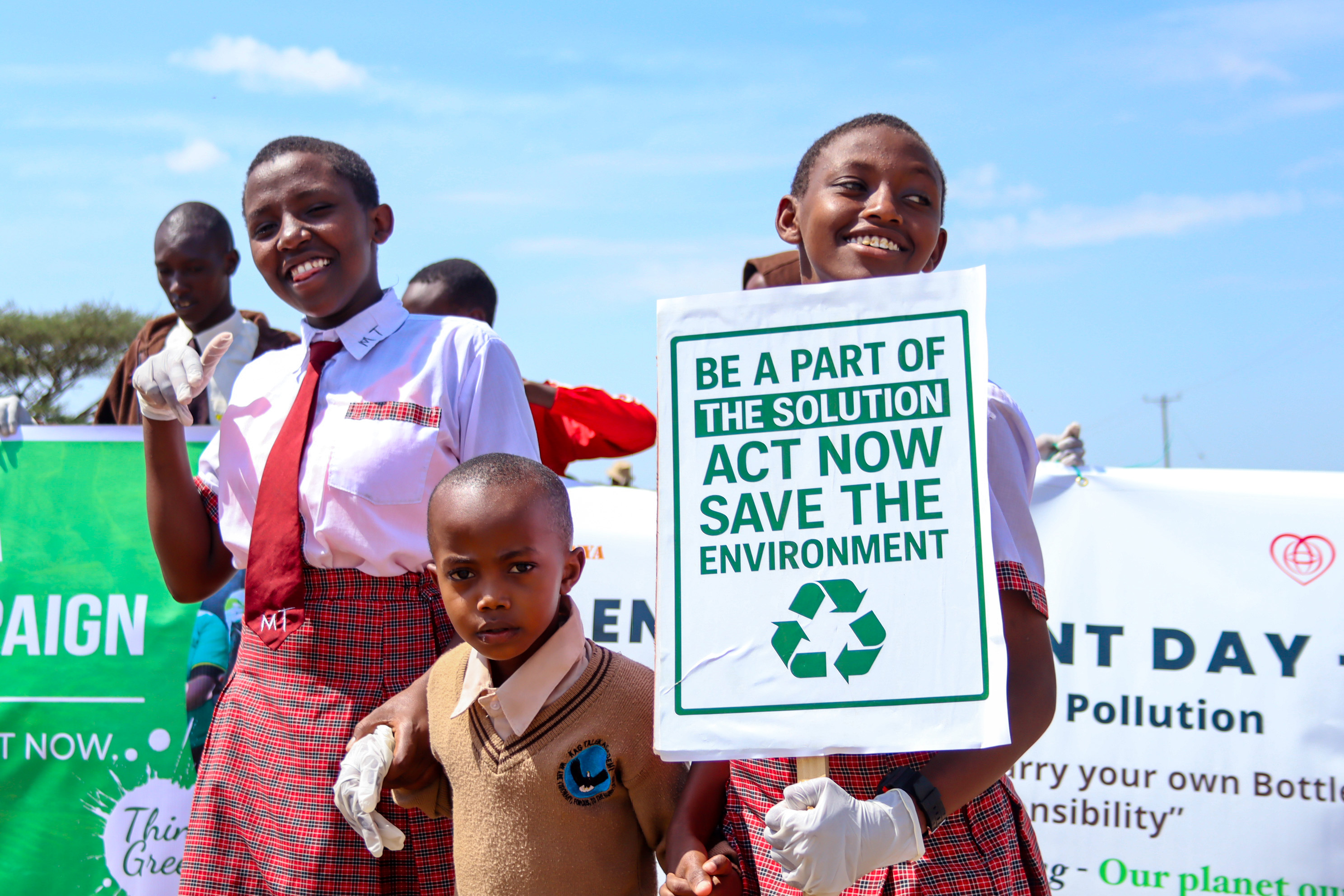
Empowering Local Communities and Young Minds in the Fight Against Climate Change
- By PROCMURA
- Events
- Hits: 667
Africa, like much of the Global South, is on the frontlines of the climate crisis. Although Africa contributes less than 4% of global greenhouse gas emissions, it continues to suffer some of the most severe and devastating effects of climate change. From extreme weather events, including persistent droughts in the Horn of Africa, to floods in West and Central Africa, and rising sea levels threatening coastal cities, the impacts are extensive and growing worse. Reliable statistics indicate that African countries lose between 5% and 15% of their GDP each year due to climate-related challenges. These figures highlight a painful truth; those who have contributed the least to global warming are paying the highest price.
At the Programme for Christian-Muslim Relations in Africa (PROCMURA), we acknowledge that addressing this crisis requires more than just initiatives. It calls for collaborations and tangible, community-based solutions tailored to local realities and contexts. Furthermore, it involves empowering those most affected to take leadership in shaping a more sustainable and resilient future. In this spirit, PROCMURA partnered with the Basecamp Foundation Kenya and a network of local schools in the Maasai Mara ecosystem to raise awareness and educate the community, especially around the Talek Centre, on the need and importance of addressing climate change issues in their area.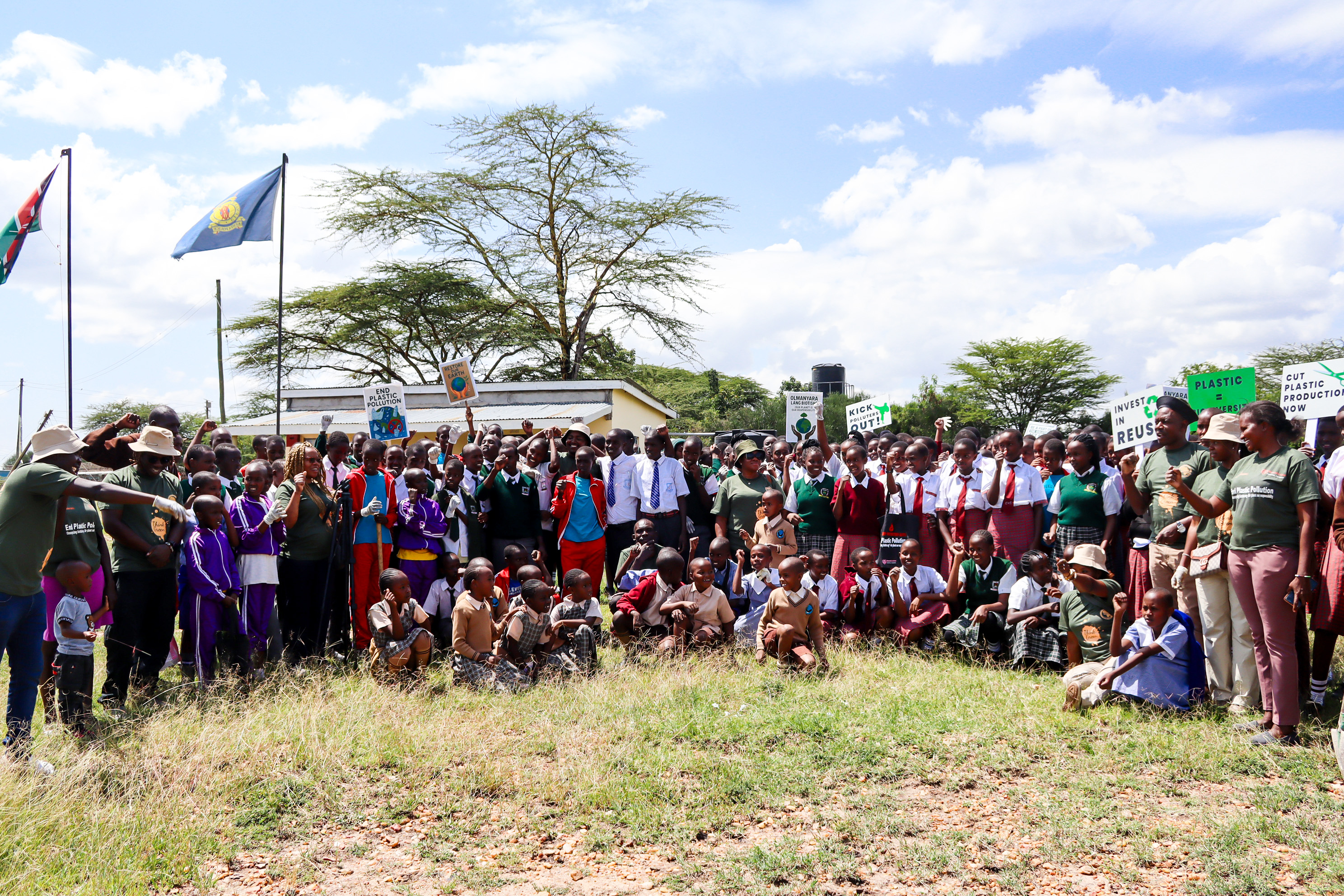
Talek Centre, one of the fastest-growing towns in the Maasai Mara ecosystem and a key gateway to the Maasai Mara National Park, faces an urgent environmental threat: a worsening waste crisis. The unregulated disposal of garbage, particularly non-biodegradable plastics, poses significant risks to local biodiversity, public health, and the broader tourism economy. Because the region relies heavily on wildlife tourism, protecting this environment is both an ecological necessity and an economic priority.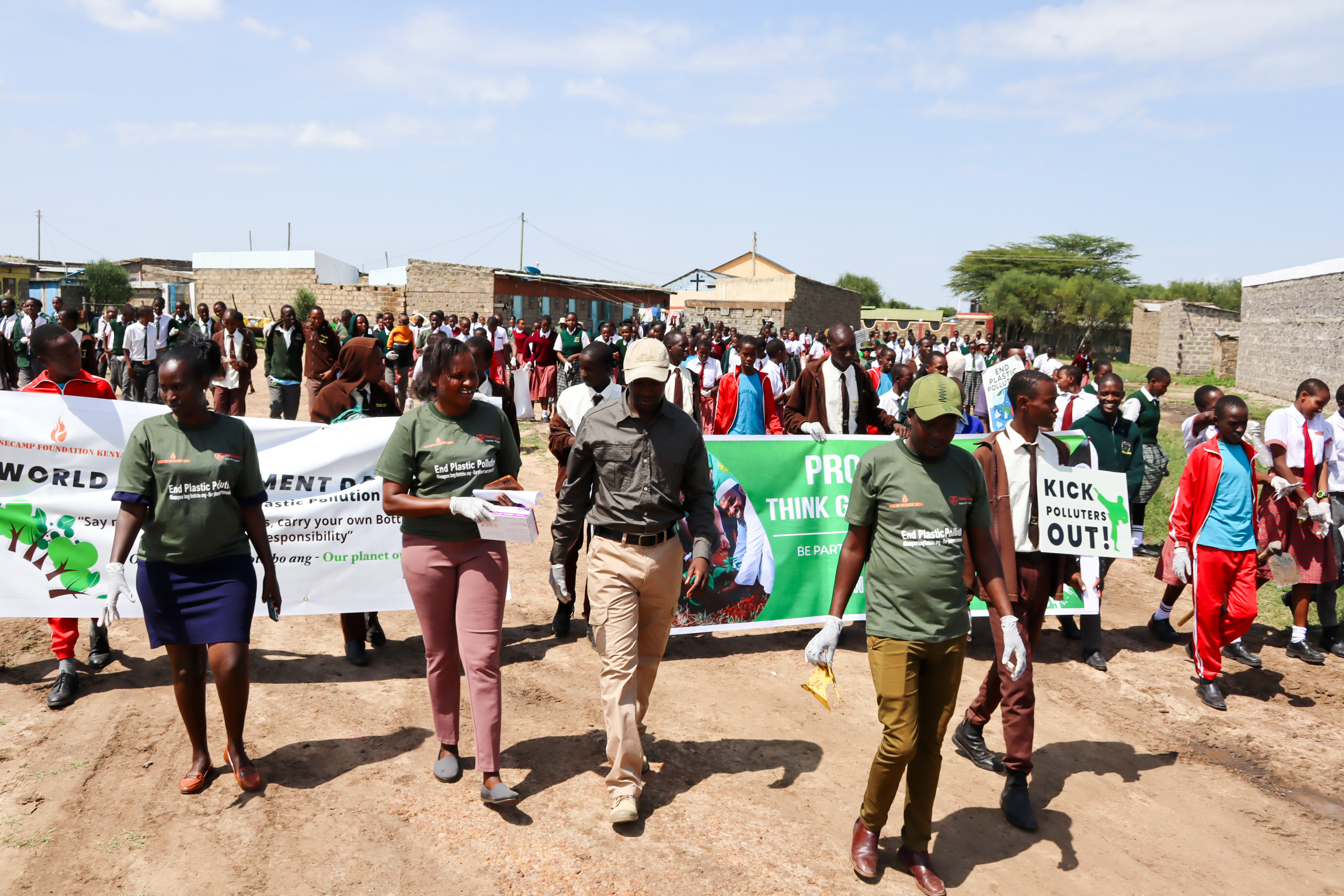
Through our Think Green campaign, PROCMURA spearheaded a multi-stakeholder initiative that involved local actors, conservationists, residents, students, religious leaders, and local authorities. The initiative included a large-scale clean-up exercise targeting the most affected areas, tree planting at designated spots, including at a local police station, to restore degraded land, and a series of public sensitisation activities that focused on the importance of sustainable waste management, plastic alternatives, climate-conscious living and sensitizing the students on the need to be agents of positive change on matters of climate justice.
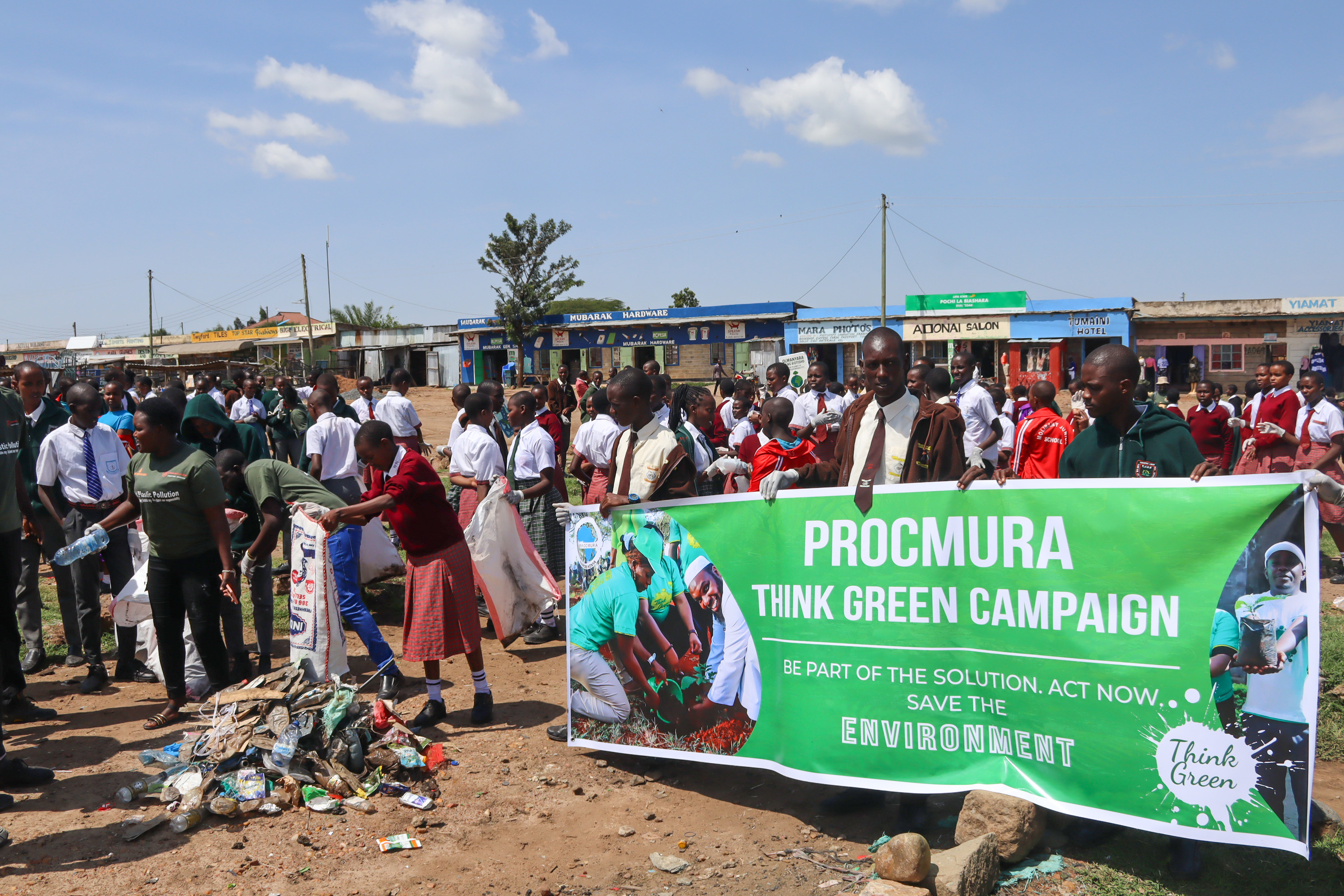
A key part of the initiative is youth empowerment. By working directly with schools, PROCMURA delivered environmental education tailored to the local context. PROCMURA acknowledges that students are not just passive recipients of information, but active participants in climate justice advocacy. For instance, participants in the indoor workshop, hosted at the Maasai Girls Leadership School, attended sessions on the impact of single-use plastics, the importance of biodiversity, and the value of trees in combating climate change, among others.
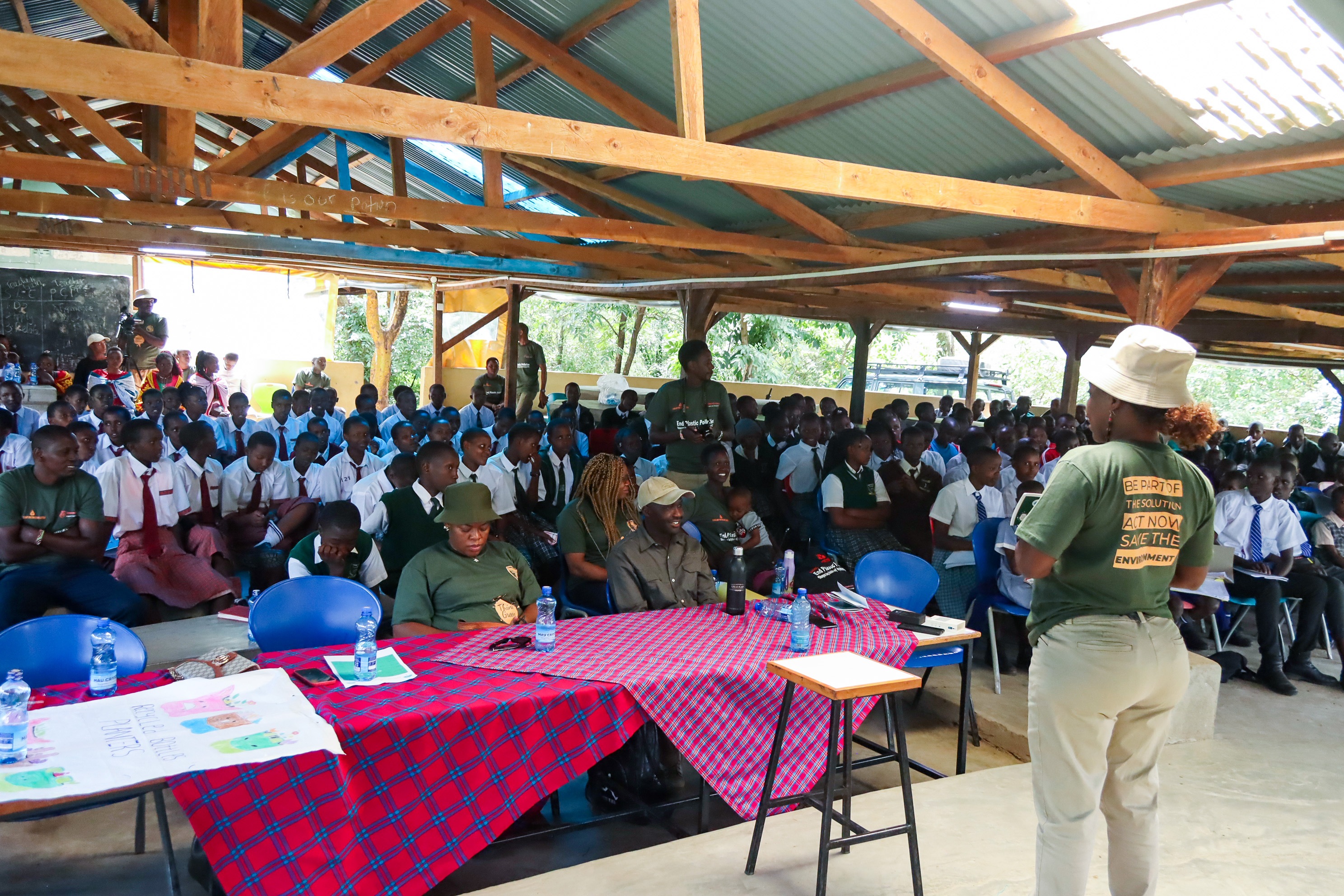
While addressing the media, PROCMURA’s Team Leader, Ms. Joy Wandabwa, reiterated that PROCMURA is preparing young people to become agents of change in their communities regarding climate justice, reinforcing the belief that the future of the planet depends on informed, action-oriented youth.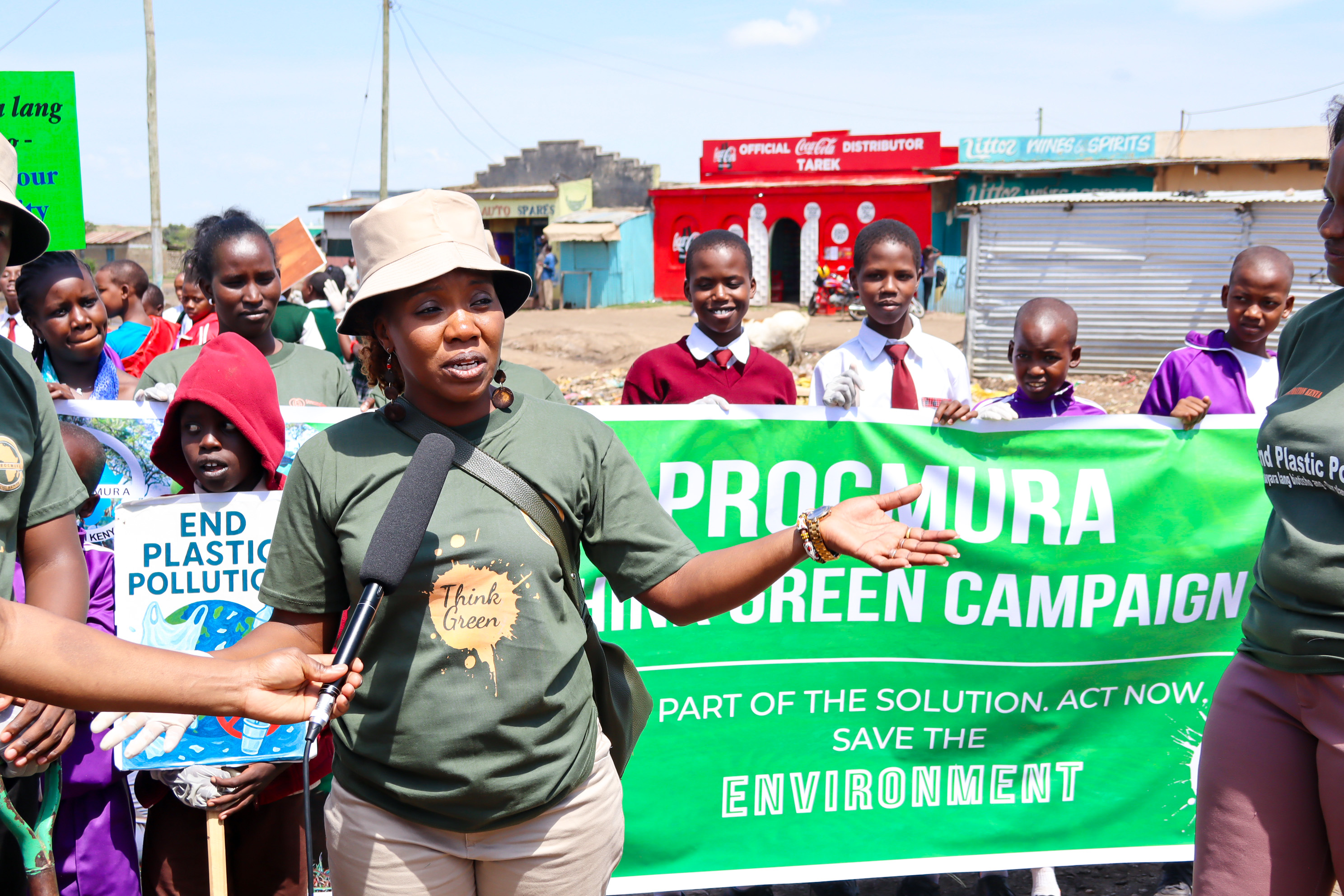
To PROCMURA, climate change is not just an environmental issue; it is also a social justice concern that links to poverty, health, education, and food security. That is why PROCMURA’s interventions are comprehensive, aimed not only at addressing environmental degradation but also at building resilience and promoting long-term development.
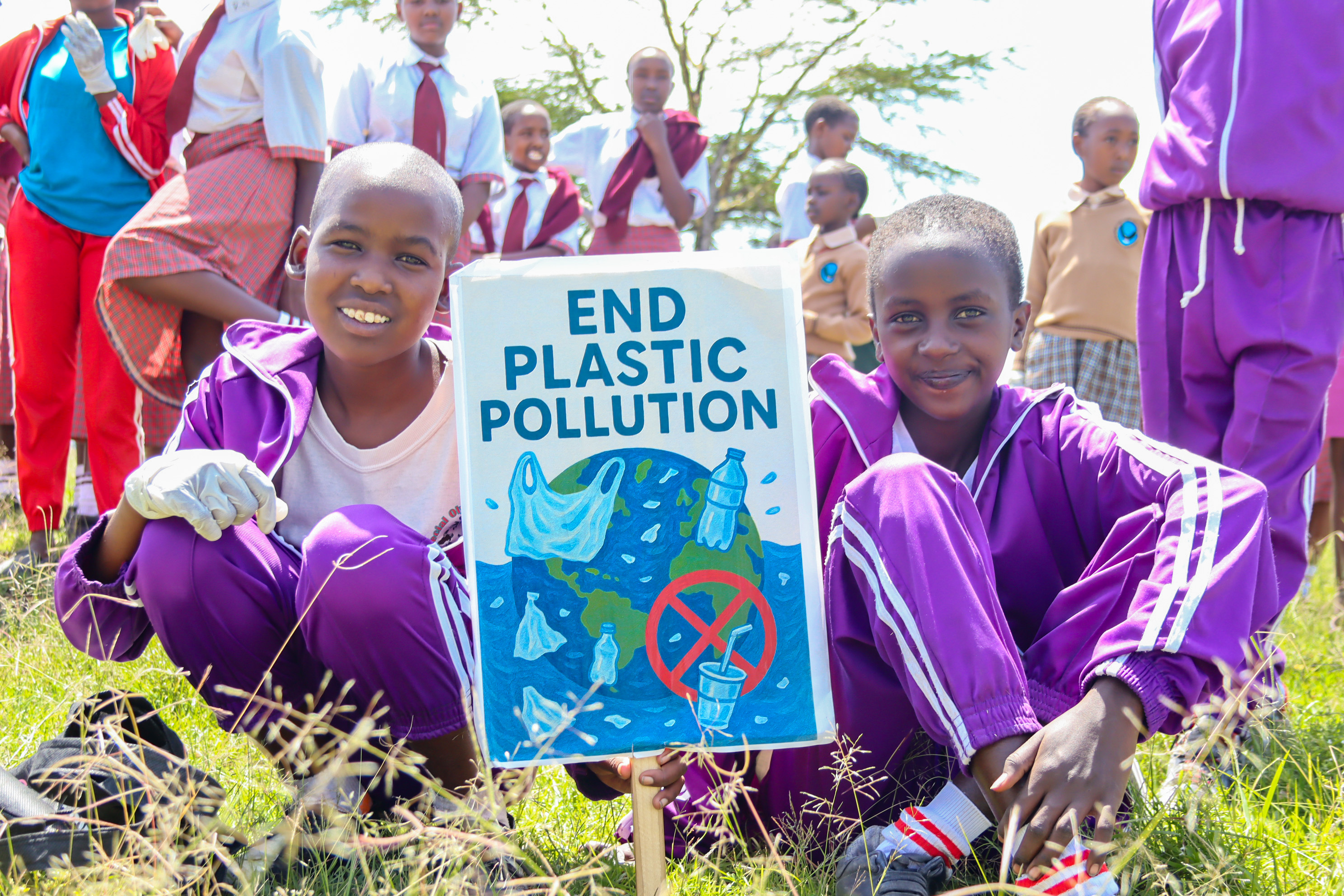
On her part, the Programme Manager of the Basecamp Foundation Kenya, Ms. Purity Taek, commended PROCMURA’s approach to addressing climate change issues and its bold move in moulding school children into ambassadors of climate justice. She further noted that while the climate crisis may be global, its solutions must be local. Our work on empowering local communities on climate justice does not end in the Maasai Mara. Across Africa, PROCMURA continues to implement similar initiatives in other regions facing climate-related challenges.
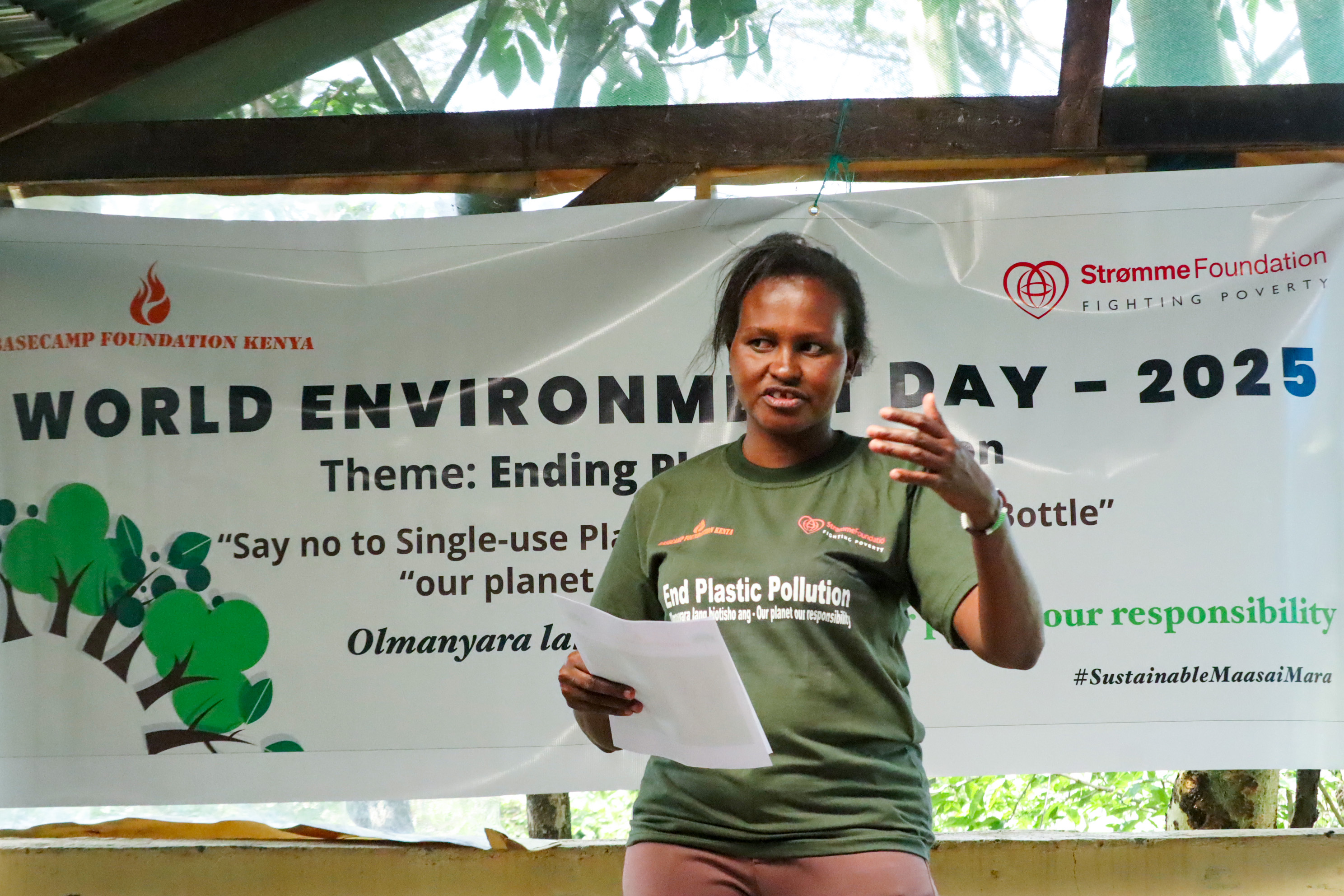
Our faith-based approach to addressing climate change has proven effective, as religious institutions and religious leaders wield significant influence in society. By engaging both Christian and Muslim leaders, we are creating connections of cooperation that transcend religious differences. These leaders play a crucial role in raising awareness, changing community behaviour, and encouraging a shared moral duty to protect the environment as a divine trust.
The Think Green campaign signifies a growing movement that mirrors PROCMURA’s broader dedication to integrated, faith-inspired action. We believe that every act of kindness, no matter how small, contributes to healing our planet. Whether it is a child planting a tree in Kenya, a youth group campaigning for clean water in Ghana, or an imam discussing sustainable farming in Tanzania, each step brings us nearer to a greener and fairer future.
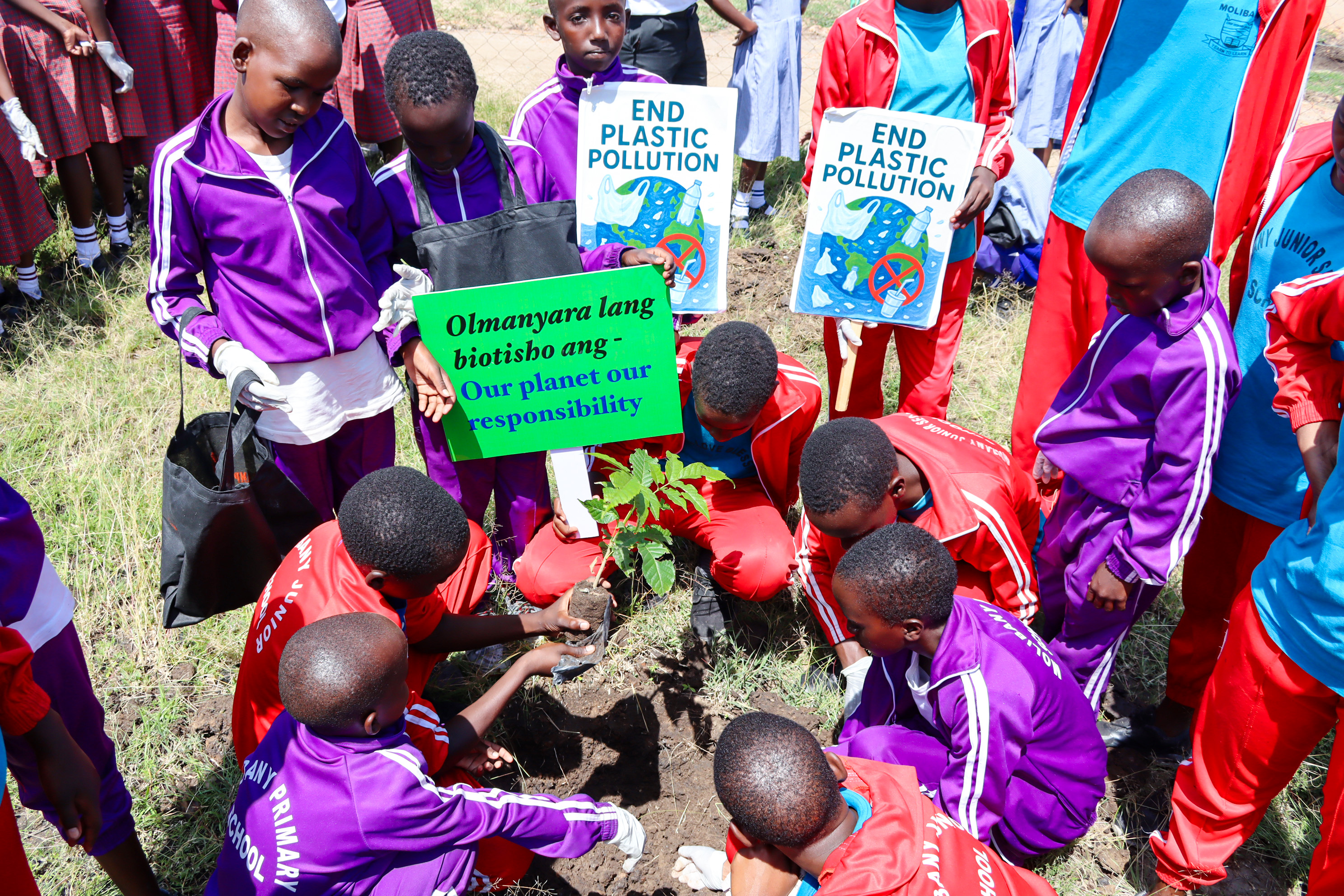
As PROCMURA continues to expand its environmental advocacy across Africa, we urge all stakeholders, including governments, religious communities, civil society organisations, and individuals, to join us in transforming our climate change concerns into action.

